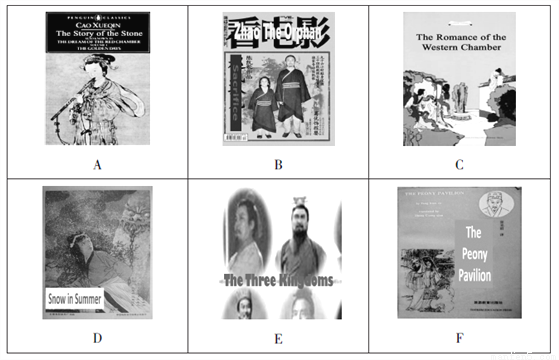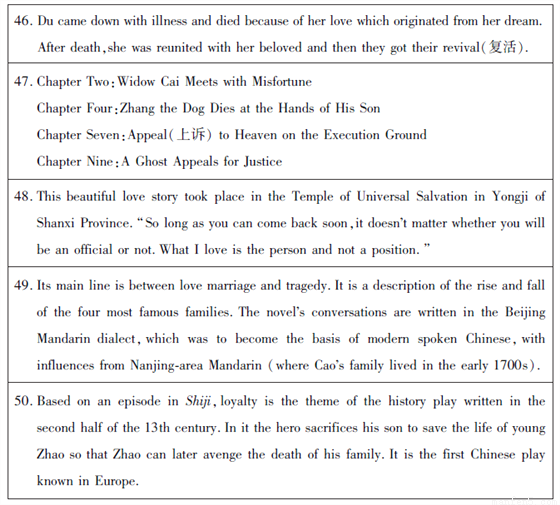��Ŀ����
��When will the TV show Come Sing With Me begin tonight?
��It ____ for ten minutes.
A. will begin B. has been on C. will be on
B �����������⣺�������ӱ��ݽ�Ŀ������һ������ʲôʱ��ʼ���������Ѿ���ʼ10�����ˡ�����for ten minutes.10���ӣ������ö����Զ��ʣ������ų�A������for ten minutes��֪�ǿ�ʼ��10�����ˣ����������ʱ̬����ѡB
��ϰ��ϵ�д�
�����Ŀ



